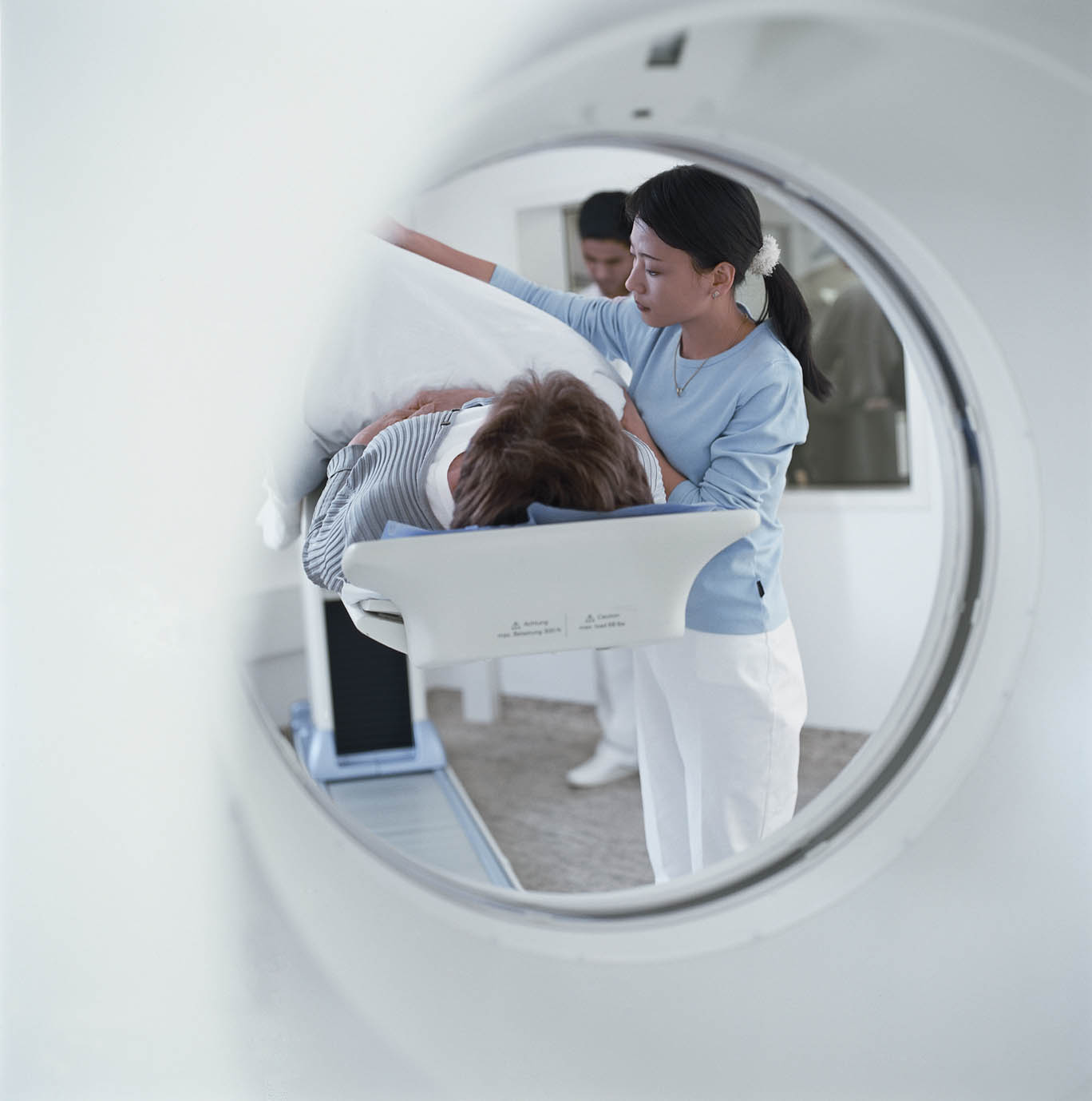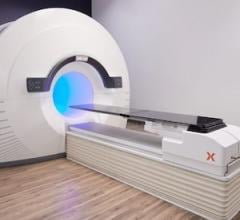
April 1, 2014 — New quantitative data suggests that 30 percent of the surgeries performed for non-small cell lung cancer patients in a community-wide clinical study were deemed unnecessary. Additionally, positron emission tomography (PET) was found to reduce unnecessary surgeries by 50 percent, according to research published in the March issue of the Journal of Nuclear Medicine.
PET imaging prior to surgery helps stage a patient's disease by providing functional images of tumors throughout the body, especially areas where cancer has spread, otherwise known as metastasis. Few studies have been able to pin down exactly what impact preoperative PET has on clinical decision-making and resulting treatment. Preliminary review of the data from this long-term, observational study of an entire community of veterans was inconclusive about the utility of PET, but after a more thorough statistical analysis accounting for selection bias and other confounding factors, the researchers were able to conclude that PET imaging eliminated approximately half of unnecessary surgeries.
"It has become standard of care for lung cancer patients to receive preoperative PET imaging," said Steven Zeliadt, Ph.D., lead author of the study conducted at VA Puget Sound Health Care System and associate professor for the University of Washington in Seattle, Wash. "The prevailing evidence reinforces the general understanding within the medical community that PET is very useful for identifying occult metastasis and that it helps get the right people to surgery while avoiding unnecessary surgeries for those who would not benefit."
For this study, researchers reviewed newly diagnosed non-small lung cancer patients who received preoperative PET to assess the real-life effectiveness of PET as a preventative measure against unnecessarily invasive treatment across a community of patients. A total of 2,977 veterans who underwent PET during disease staging from 1997 to 2009 were included in the study. Of these, 976 patients underwent surgery to resect their lung cancer. During surgery or within 12 months of surgery, 30 percent of these patients were found to have advanced-stage metastatic disease, indicating an unnecessary surgery.
Interestingly, the use of PET increased during the study period from 9 to 91 percent. Conventional multivariate analyses was followed by instrumental variable analyses to account for unobserved anomalies, such as when patients did not undergo PET when it would have been clinically recommended to do so. This new data has the potential to change policy and recommendations regarding the use of oncologic PET for more accurate tumor staging.
"We will likely build more quality measures around this research so that preoperative PET is more strongly recommended to improve the management of care for these patients," added Zeliadt.
For more information: www.snmmi.org


 February 13, 2026
February 13, 2026 









